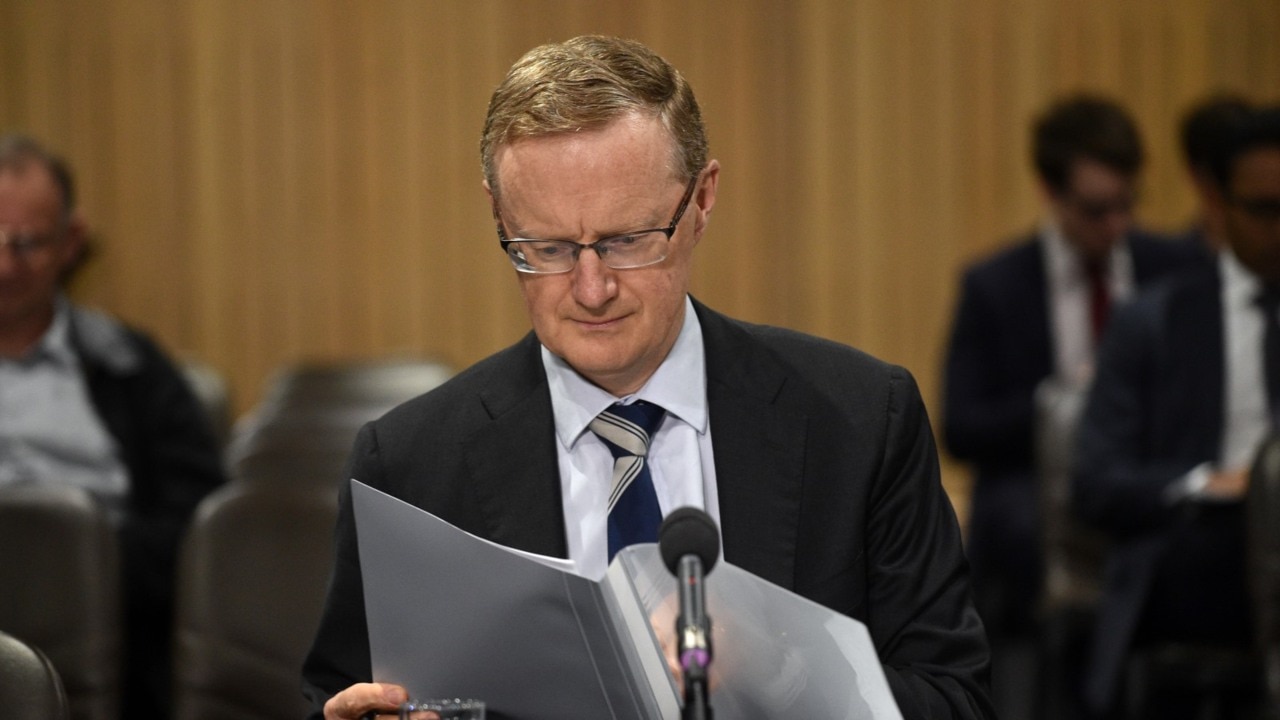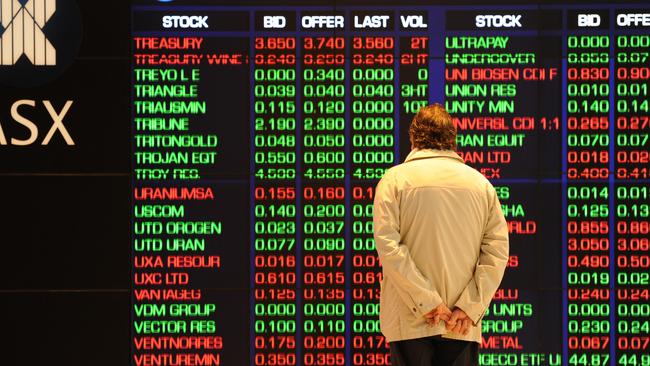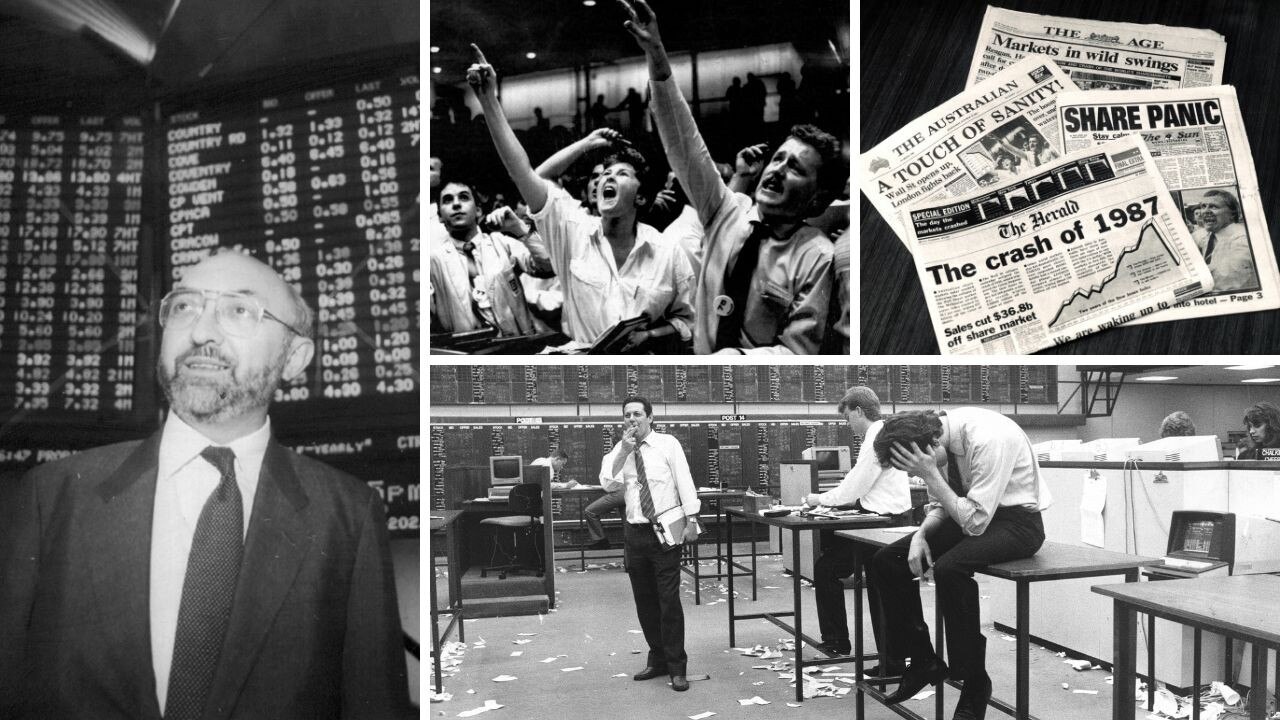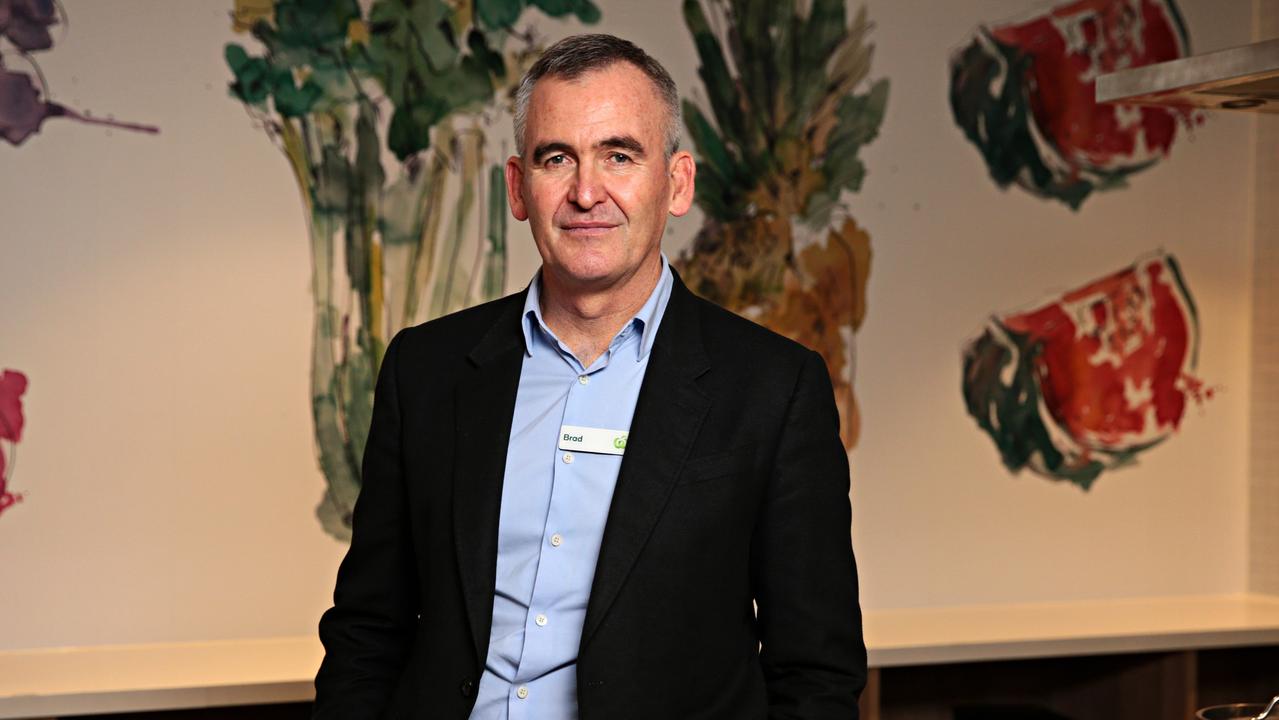Whoops! Experts way off with their 2022 economic forecasts
Beware of experts and their way-off predictions. Australia’s property prices have not been devastated in 2022 and the sharemarket is down just under four per cent.

Terry McCrann
Don't miss out on the headlines from Terry McCrann. Followed categories will be added to My News.
And so it’s goodbye to 2022 and a year which no-one saw coming.
Let me quote the most obvious and easiest, well, targets. A year ago the RBA was forecasting inflation for 2022 would be just over 2 per cent; it’s now expecting 8 per cent. Whoops, missed by just that much. The RBA was also promising to be patient, very patient, about raising interest rates – although, at least, to his credit, by December last year, Governor Philip Lowe had quietly dropped the ‘not before ‘24’ mantra.
Its array of ‘expert’ colleagues, cloistered in their ivory tower, away from all the hurly-burly of the real world in Canberra, were no better. In the government’s mid-year budget update a year ago, Treasury forecast inflation would stay comfortably under 3 per cent as far as the cataract-clouded expert eye could see, year after year through the 2020s.
Treasury also, more specifically, forecast a $99bn budget deficit for the 2021-22 year, a year already at that stage half over. It came in at just $32bn. Whoops again, missed by just ...
At least, they and their colleagues in Martin Place Sydney can take some comfort that their peers, over at the Fed in Washington, were worse.
A year ago, the massed intellectual might of the Fed had forecast inflation in the US in 2022 would be under 3 per cent (it’s over 7 percent) and their own interest rate would still be less than 1 per cent by now (it’s over 4 per cent). Now of course, in February, along came mad, bad and dangerous to know Vlad: Russia’s invasion of Ukraine, which upended the entire global energy market, sending oil and especially gas prices soaring.
But that’s not, I should stress, the be-all and end-all of the inflation we’ve seen. Other, should-have-been predicted, factors were also at work. Further, despite all this turmoil – and in particular the soaring inflation and interest rates that nobody had predicted or feared a year – global asset markets have remained remarkably buoyant.

The Dow is down only 8 per cent over the year; our market just 4 per cent.
Despite the increasingly hysterical commentators – one in particular clearly won’t be taking much ‘joy’ this Christmas - property prices have not been devastated by the so-called ‘fastest interest rate tightening cycle in 30 years’.
It’s not, the fastest in reality: rates have just been, belatedly, chasing inflation higher. In real terms, all policy rates remain stimulatory.
In Sydney, which has been worst ‘hit’, property prices according to CoreLogic, are down 12 per cent from their peak.
But that has only taken away half the surge in prices through the Covid years. And even that surge had followed on from a near-doubling in prices since the GFC. In short, even Sydney prices are essentially still double what they were a dozen or so years ago. And the vast majority of Sydney mortgage holders aren’t really feeling that much pain, when you allow for all their realised or even unrealised capital gains.
Yes, diddums, they are no longer getting ‘free money’ at the expense of savers.
Further, prices in Adelaide, Hobart and Perth have hardly nudged from their peaks. While those in Melbourne and Brisbane are still way ahead of their early 2020 pre-Covid levels.
Now, I guess, this decidedly imperfect history should tell you all sorts of things.
The most obvious is to beware of experts bearing, well, predictions.
And I’m not just talking about the bureaucratically located ones.
The broader, more granular lesson is that, as we’ve seen time and time again, ‘things’ seldom turn out anywhere near as bad as feared.
Whether financial like the GFC or non-financial like Covid.
The interesting, challenging question, is whether well-meaning ‘expert’ interventions actually make them worse.
Originally published as Whoops! Experts way off with their 2022 economic forecasts





